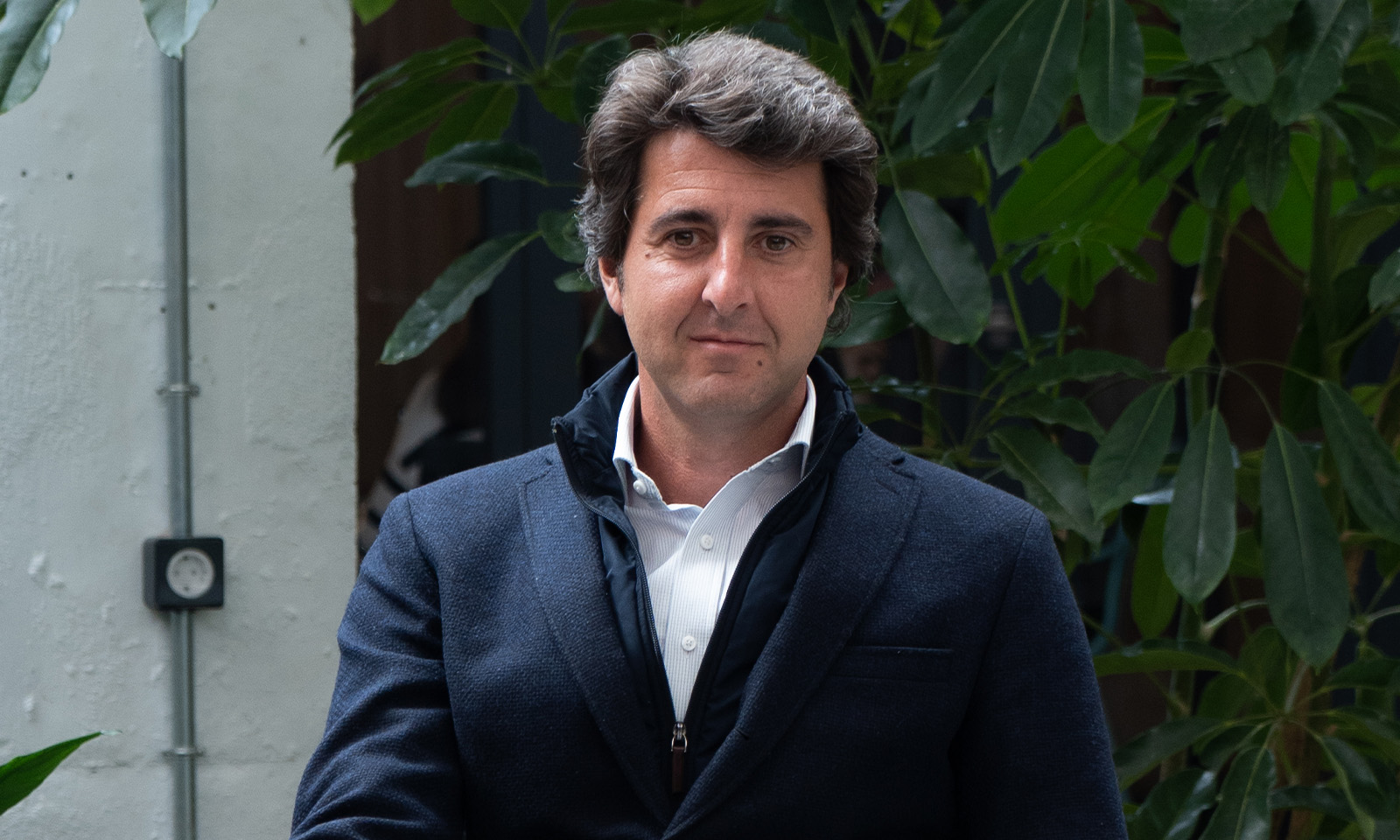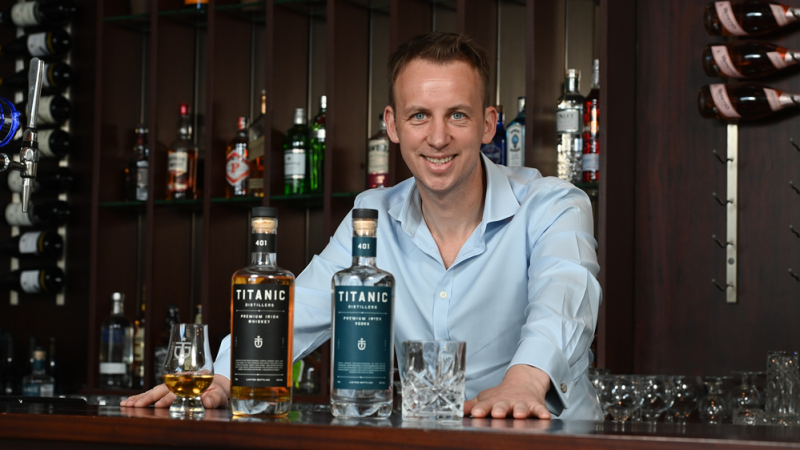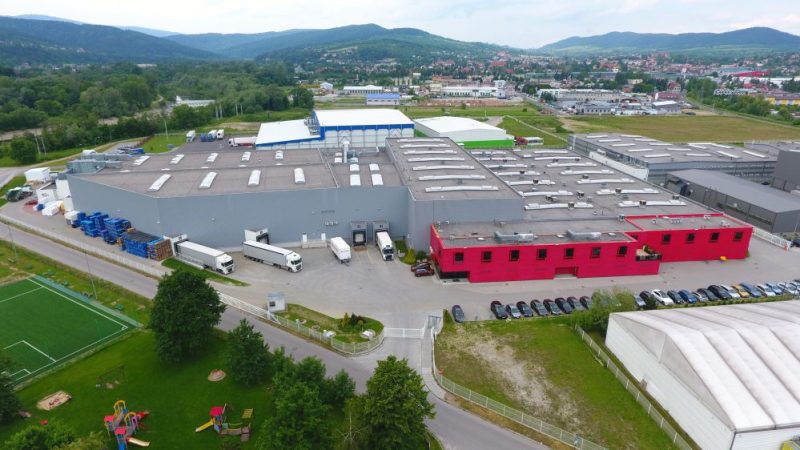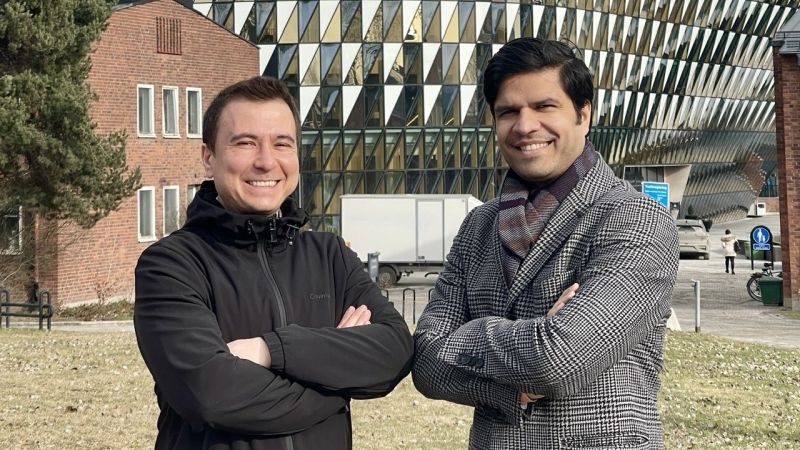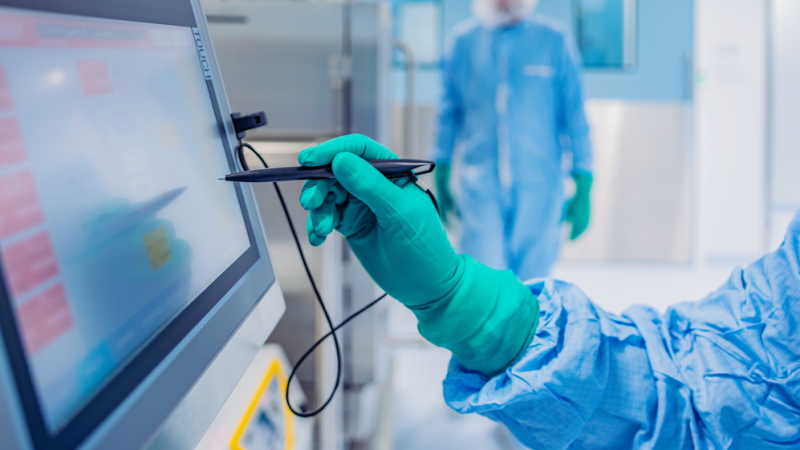Galenicum was founded by Joaquim Domingo, Alejandro Ollé and Erich Büchen in Barcelona in 2003. This year will celebrate its 20th anniversary. From the very beginning, the company’s mission has been to improve the quality and affordability of pharmaceutical products. To achieve that mission, the company would expand far beyond Barcelona both along the value chain and geographically.
“From the beginning they sought to add more value, eventually providing finished products in Spain and Europe as a whole,” says Sergio Malagrida, GalenicumVitae’s CEO. “In 2013 they decided to move forward and grow across the value chain by purchasing a manufacturing site in Madrid and develop their own brand- Vitae.”
From there, Galenicum began creating company affiliates, expanding its reach into Latin America.
Today, Galenicum owns four companies dedicated to different steps in the pharmaceutical business, with a presence in nearly 60 countries, 21 of them through Galenicum’s own brands with the rest selling through distribution partners or licensees. It has a turnover of over 200 million euros, and a team of approximately 700 people, with one mission.
“When our founders started the company, they were dynamic in moving within the industry to find the people that can really help at the moment,” Malagrida says. “This is something that we still do, through the four different businesses we manage. Any time that, in any country, doctors are talking about specific problems, we can share those problems with a team who can look for the necessary products in the market. We know who manufactures those products, so we can contact those suppliers and see if they will license them out to us to bring those products to other markets.”
Keeping Dynamic
The company has built itself a reputation as a dynamic firm that moves rapidly within the market. But that does not happen by accident.
“When you have three people or 20 in a team it’s easy to be dynamic,” Malagrida admits. “Now we have over 700 people, and dynamism is a challenge, not only internally but in our interactions outside the company.”
Maintaining that dynamism might be Galenicum’s biggest challenge.
“Shareholders keep trying it but it’s impossible for them to know the names of all the people in the company,” Malagrida points out. “When you have 10-to-15 people every month starting anew in the company, it is very difficult to know everyone. We have lost the ability to know the whole team in person.”
But while growth naturally affects Galenicum’s culture, at its heart Galenicum is an entrepreneurial exercise, and in its recruitment practices, it is always on the lookout for that entrepreneurial spark.
“I consider myself an entrepreneur, and I joined the company because I saw the chance to develop my entrepreneurial ability,” Malagrida recalls. “The company has been growing consistently for 20 years, last year by 30%, and this is very attractive for specific profiles in the market. Those profiles that consider themselves entrepreneurial.”
“Do you consider yourself entrepreneurial?” is the question Malagrida asks in every job interview, and if the answer is no, the candidate does not fit his profile.
“We need people who are dynamic and ambitious,” Malagrida says. “I look for people who are young and who want to learn and grow with the company.”
A Question of Stock
That dynamism has been particularly under pressure given the macroeconomic challenges the industry has faced the world over, from Covid to the energy crisis, to the war in Ukraine. Galenicum has faced challenges in the form of cost barriers across its supply chain in Europe and Latin America.
“So, we face problems in the supply tracks from Europe to other countries, and also in terms of manufacturing costs which are still very high, reducing our ability to compete with local manufacturers outside Europe,” Malagrida says.
It is a problem with various possible solutions, but they all have one thing in common.
“Everything you can do to solve this problem costs money. If you are delaying the lead time from four months to six to eight months you have to increase your stock, which means investing more working capital,” Malagrida points out. “We have done this, made our calculations, increased working capital in stock to prevent stock outs in the market.”
As well as ensuring there is stock in place, Galenicum has also been a bit more cautious about where and how it does business.
“Before Covid, we were participating intensely in a variety of business sectors, but today we cannot risk ourselves in participating by heavily increasing stock to sell in two months with no assurance that you will receive the tenders you go for,” Malagrida tells us. “The consequence of that is we are reducing our growth speed. Instead, we are paying a lot of attention to managing the supply issues we have.”
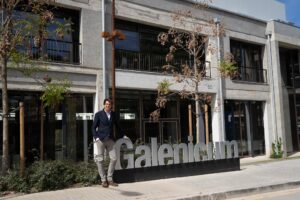 In every aspect of the company, from its growing teams to its growing stock capabilities, Galenicum is planning carefully for the future. The firm budgets and forecasts not for next year, but for the next five years, in line with the development arc its products go through.
In every aspect of the company, from its growing teams to its growing stock capabilities, Galenicum is planning carefully for the future. The firm budgets and forecasts not for next year, but for the next five years, in line with the development arc its products go through.
“Developing a new molecule can take five, six or even seven years, so we have to look forward at least ten years when we plan,” Malagrida says. “Right now, the forecast we have for 2026 is a turnover of more than 350 million euros. It took us 20 years to reach our current turnover of 200 million, and we are set to almost double that within five years.”
Even in the face of challenges, Galenicum is increasing the pace of its growth, while developing new, value-added molecules, such as peptides, including injectable products. But whatever products Galenicum brings to the table, they will have something unique to offer.
“We are not focusing on me-too products because manufacturing in Europe means we can’t compete against low price products,” Malagrida tells us. “We are looking for specific markets where we can add value by knowing and developing specific technologies.”
Galenicum has affiliates up and running in Chile, Peru, Mexico, and Columbia, with plans to launch more affiliates in UAE, Malaysia, Thailand, Philippines, and Costa Rica.
In expanding the business in this way, Malagrida points to one key ingredient.
“Collaboration,” he tells us. “The good thing about Galenicum is the way it has been able to grow the relationships it has in the market in Spain and around the world. When you need something, we can find someone who has what you need or someone who can help develop it. We plan to build on those relationships with other companies in the market, to initially develop new products with their capacity and capabilities. By growing through the development of affiliates we are not only closer to the market. It means that when we have a new molecule that will be a blockbuster, we are close to the doctors prescribing the products.”
